In August, World Vapers’ Alliance conducted a general survey among its members about the perception of vaping policies worldwide.
Key findings of the survey:
Flavours:
- A staggering 97% of respondents prefer vaping flavours or a combination of flavours and tobacco taste. Only 3% say they prefer tobacco.
- If flavours were banned: more than half of vapers would seek to get their flavours on the black market or return to smoking. 21% say they would exclusively vape tobacco flavour, and 16% think they would quit vaping.
Tax increases:
- Tax increases would split the consumption behaviour of vapers:
- 31% would keep vaping like they are currently and pay the higher price
- 30% say they would vape less to make up for the increased price
- 28% would try to get their products on the black market
Media:
- Vapers feel the media is one-sided and not objective enough when covering vaping. A staggering 75% rated media coverage in their countries as unfavourable.
Current regulation:
- Vapers evaluate the current regulatory framework similarly. 60% of respondents are unsatisfied with the current way vaping is treated by their governments.
The survey was conducted among members of the World Vapers’ Alliance network. The total number of respondents was 415 in 36 countries.
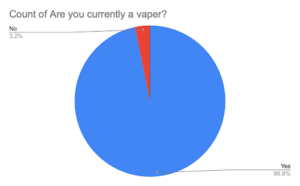
96.8% of respondents were current vapers, totaling to 394 participants of the survey.
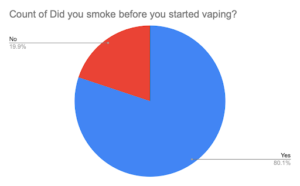
80.1% of respondents (326 participants) are former smokers, while 19.9% (81 participants) did not smoke before they started vaping.
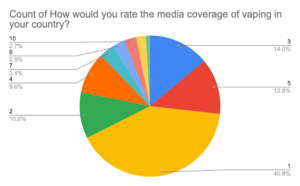
On a scale of 0 to 10, (0 — negative, 10 — positive), the majority of participants described vaping coverage as unfavourable towards vaping.
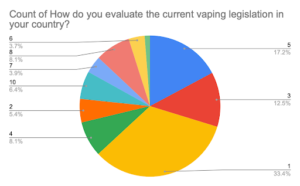
Similar results were on the perception of vaping legislation with 33.4% of responders describing vaping legislation as extremely negative.
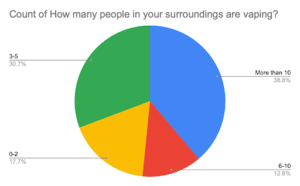
Most responders are surrounded by other vapers, with 30.7% (125 responders) having three to five vapers in their community, followed by 12.8% (52 responders) who are surrounded by six to ten vapers, and 38.8% (158 responders) surrounded by more than 10 vapers. 17.7% of responders (72 responders) not surrounded by any vapers or having up to two vapers in their community.
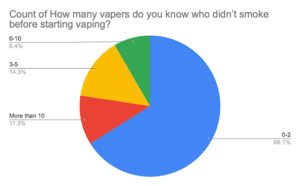
66.1% of those surveyed (269 responders) indicated that non or up to two people they know did not smoke before they started vaping, 14.3% (58 responders) said that three to five people from their surrounding did not smoke before they started vaping, 8.4% (34 responders) said that six to ten people did not smoke before they started vaping, and 11.3% (46 responders) said that more than ten people who vape did not smoke before started vaping.

73% of responders (297 individuals) indicated that they prefer non-tobacco flavours, 3.4% (14 responders) indicated that they prefer tobacco flavours, and 23.6% (96 individuals) mentioned that they prefer both tobacco and non-tobacco flavours.
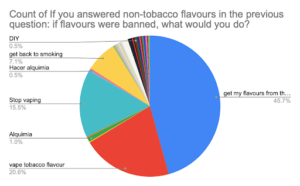
45.7% of those surveyed (186 individuals) indicated that if flavours were banned, they would refer to black market to access flavoured liquids. 20.6% of responders (84 individuals) will vape tobacco flavour, and 15.5% (63 individuals) will stop vaping. 7.1% of respondents (29 individuals) indicated they will go back to smoking if flavours were banned. Other answers included mixing their own liquids as a means to cope with flavour bans.
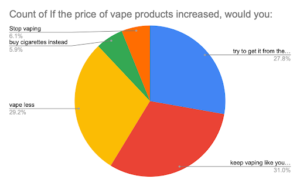
If the price of vaping products increased, 31% of responders indicated they will keep vaping at the current pace, 29.2% will vape less, and 27.8% will try to get their products from the black market. 6.1% of responders will stop vaping and 5.9% will purchase cigarettes instead.
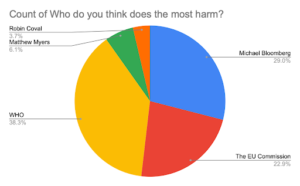
We had a two-horse race for who is doing the most harm when it comes to the fight against smoking. The winner is the World Health Organisation (38.3% of responses) closely followed by Michael Bloomberg (29%) and the EU Commission coming in third (22.9%).
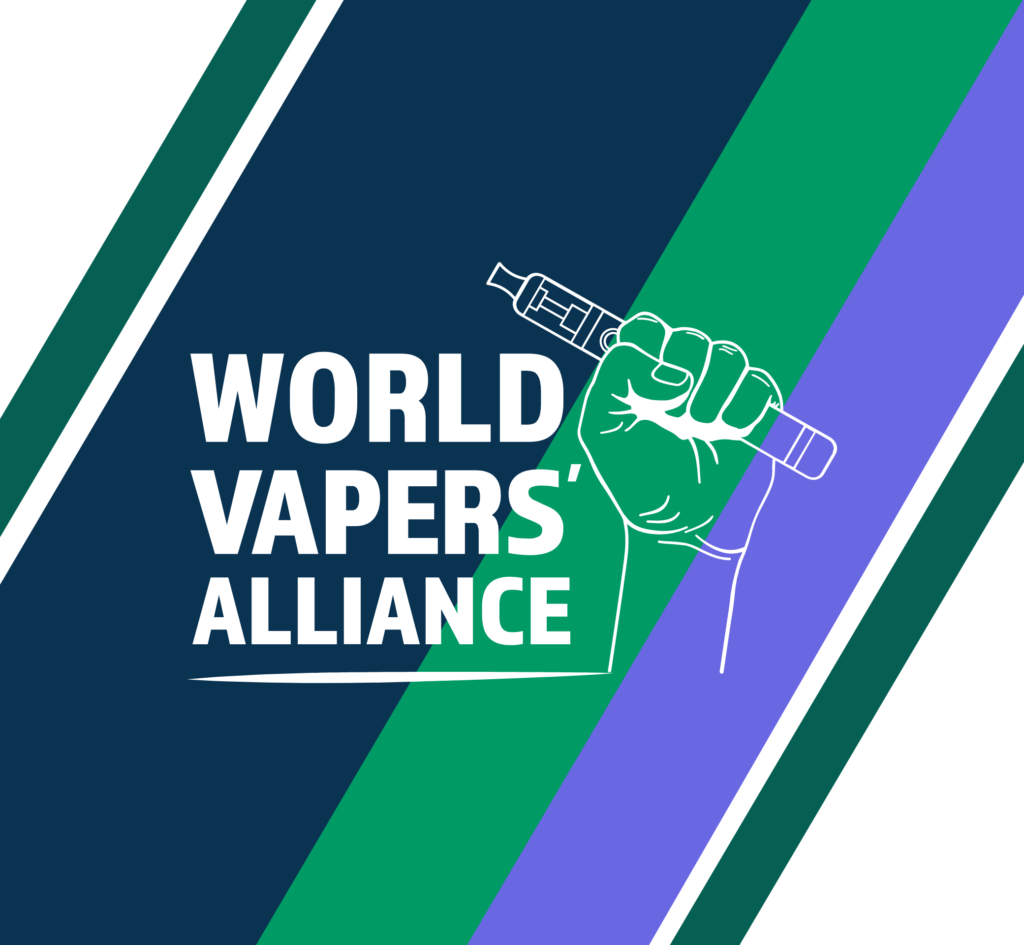

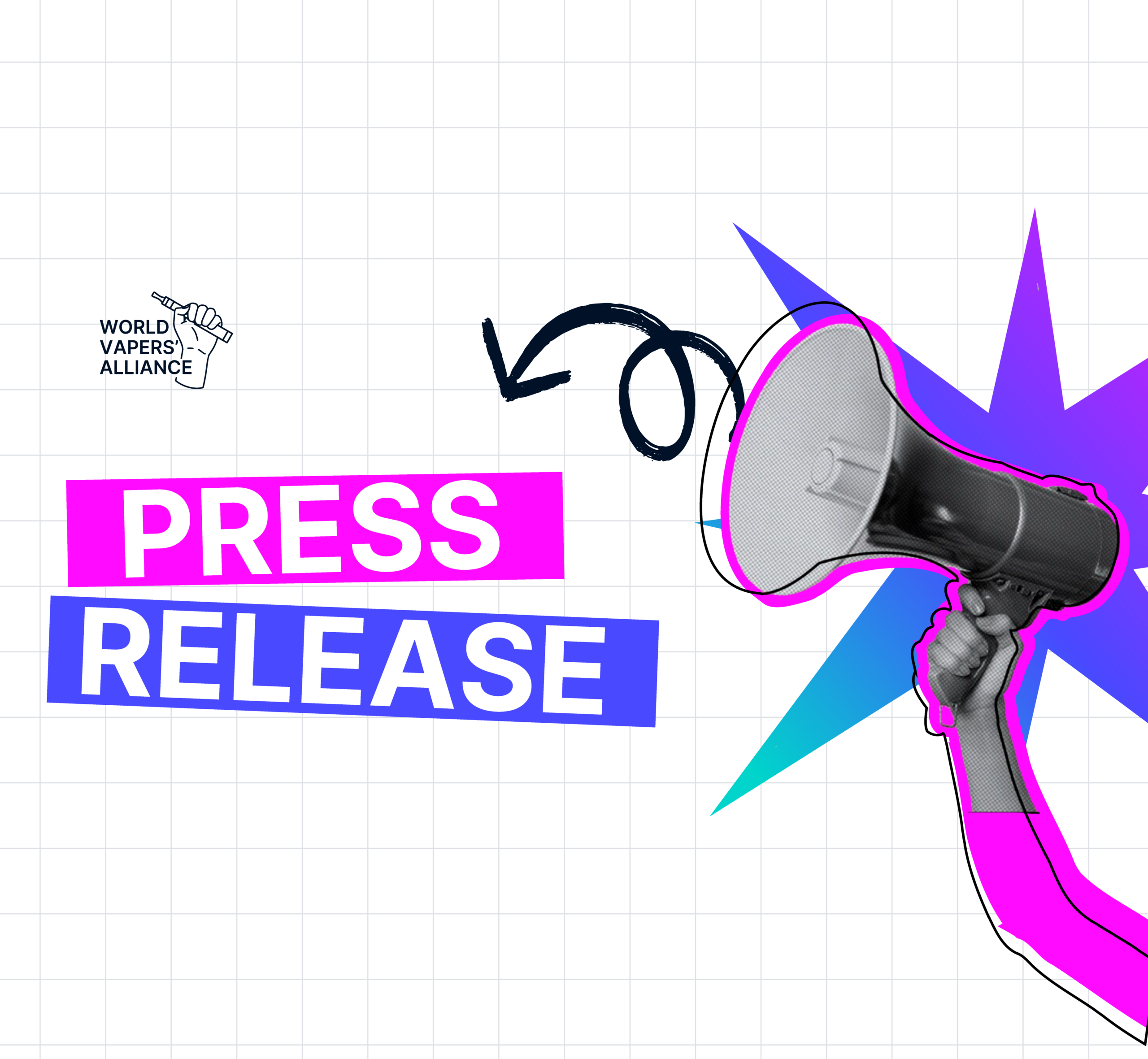


One Response